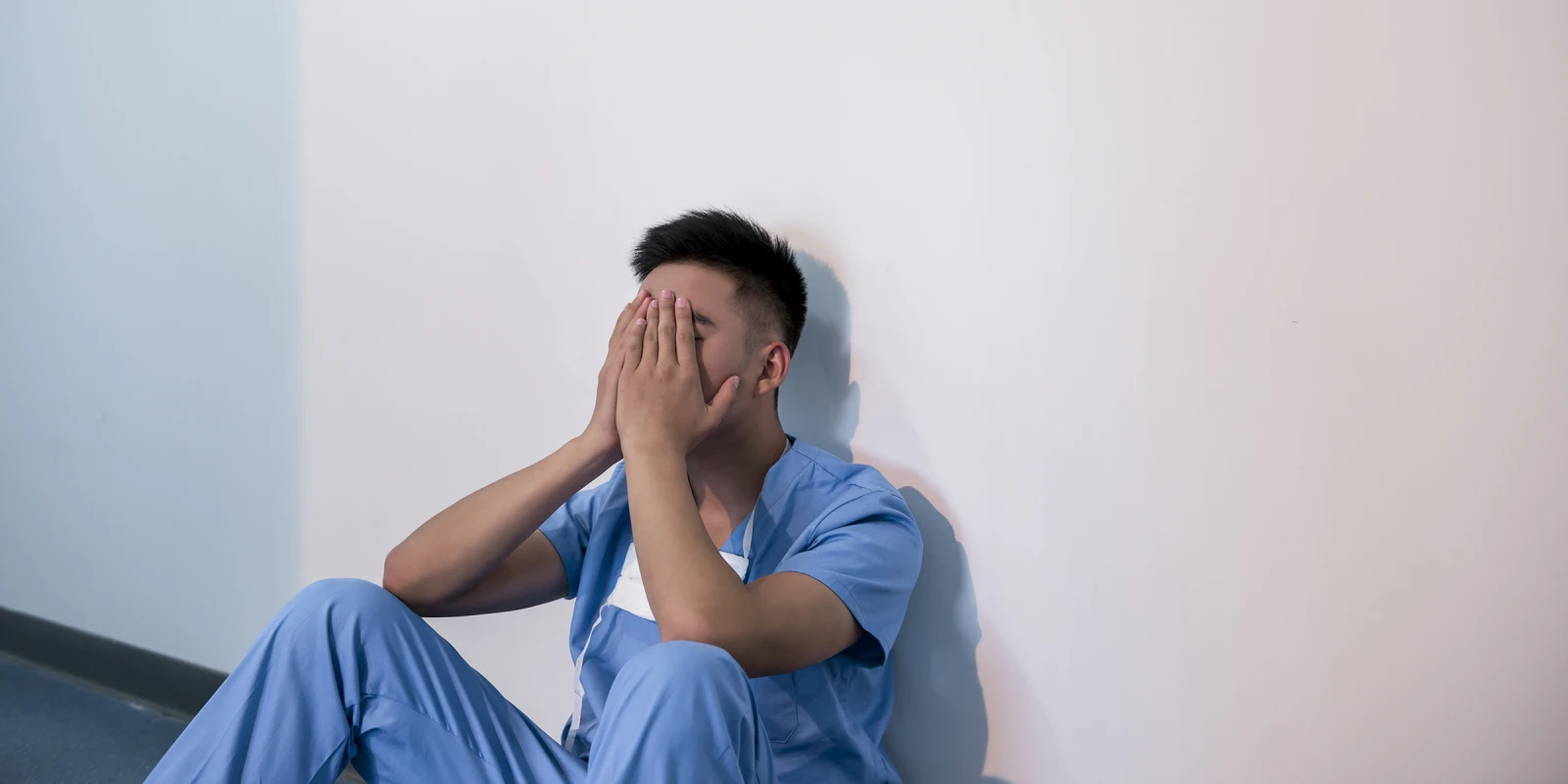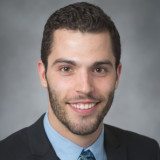It’s your first time flying in 14 months, and you’re excited for your flight from New York to Los Angeles. The pilot says, “Good evening, everyone” in a disheveled voice. She clears her throat and corrects herself: “Excuse me. Good morning, everyone. We’ll be taking off shortly.”
You think to yourself: She doesn’t know what time it is. Is she OK? She sounds exhausted. But you close your eyes as the plane pulls away from the gate. It’ll be fine; they wouldn’t let her fly if she was impaired. Except, she just flew your plane overnight from Beijing to New York City. The person who was supposed to be your pilot called out sick. Your airline lost a lot of money last year, so instead of canceling the flight, they told your tired pilot to just keep going. What’s another five hours anyway?
Federal aviation laws prevent this hypothetical situation from happening, because a sleep deprived pilot is considered impaired and a danger to passengers. Unfortunately, this situation happens daily all across the U.S. between patients and doctors. Resident physicians regularly work 24-hour shifts. Regularly, as in they are built into our schedule, often once per week, not just as an exception when someone calls out sick. They are widely accepted and considered a required part of our training.
Would you want the pilot flying you across the country to be on hour 24 before they touch down on the tarmac? Of course not.
Would you want the surgeon taking out your exploding appendix to be on hour 24 as they cut into your tense abdomen? Of course not.
In 2016, the third leading cause of death in the U.S. was medical error. How could that not at least in part be because there aren’t enough doctors to go around? When there aren’t enough of us, we can’t divide up the work in a manageable way. So in order to manage the unmanageable workload, we regularly stay awake until our decision-making capabilities are impaired. Impaired decision makers make impaired decisions, and people may die unnecessarily at the hands of their doctor.
So why aren’t there enough doctors? A simple answer is that in 1997 Congress implemented a freeze on federal funding for GME, which pays residents’ salaries. Meanwhile, Congress incentivized states to expand medical schools. In the last two decades since the freeze, health care laws, technology, and scientific advancements have become increasingly complex. This has collided with more and more medical students who graduate with too few residency positions. A young doctor with an average of $200,000 of debt and nowhere to work doesn’t do them or you any good.
Hospitals hire us and pay us with GME funding, and then we serve as the workhorses of the hospital in exchange for the training we need to progress in our careers. The entire U.S. hospital system would completely collapse if all residents went on strike. We are the doctors who diagnose, counsel, cut into, and save patients' lives at all hours of the night.
Not only are our sleep deprived and impaired decisions quietly killing patients, but they are slowly killing us, too. One in four physicians goes through a major depressive episode during their seven-plus years of training. The suicide rate among physicians is double that of nonphysicians. I hope I never receive another email informing me that the system failed one of my peers. I’ve had enough of those in my six years in the system, though sadly, there will probably be more.
So why is it such a shock whenever I tell someone who's not a doctor about this? Because most of us prefer to ignore our mortality until we are forced to meet it head on in the wee hours of the night. At that moment, when you’re outside the OR, waiting to get that stinking appendix out, an exhausted resident who hasn’t slept in 20 hours is there, asking you if you want to have your ribs broken during CPR, if necessary, at 3 a.m.
Do I regret becoming a doctor? Absolutely not.
Would I recommend it? Absolutely not, at least not until something changes.
So how do we salvage this broken system? First, we can’t save the physician training system if we can’t admit that it needs saving. Once we’ve come to terms with our collective failure, we can start the real work. If we want more doctors, then more graduates need to be able to secure residency spots. If we want more spots we need more dollars. Congress needs to lift the freeze on GME funding and should invest in the health care system’s future before it’s too late.
If this doesn’t become a priority soon, we’ll have an even bigger problem. Medical school tuition continues to rise, and it won’t be long before we get to an average of $300,000 dollars. Why would anyone choose to go to a school that puts you that much in debt? Why pursue medicine when there’s a chance you might not get a job when you graduate, and even if you do get that job, it has you working 80 hours a week and puts you at twice the risk of dying by suicide? It should not cost lives to train the people who help save them.
I hope that, by the time my children choose their career, their dad will be able to get a good night’s sleep. The system must change because it’s no longer morally defensible, let alone sustainable. We can do better, and we must, before there’s no one left to cut out the vestigial trouble maker exploding in your abdomen in the middle of the night.
What are your thoughts on the 24-hour shift in medicine?
Max is a PGY2 ophthalmology resident in Albany, NY. He cares about the eye as well as the whole body and mind.
If you or someone close to you is experiencing thoughts of suicide, please call the National Suicide Prevention Lifeline at 1-800-273-8255 or text HELLO to the Crisis Text Line at 741741.







